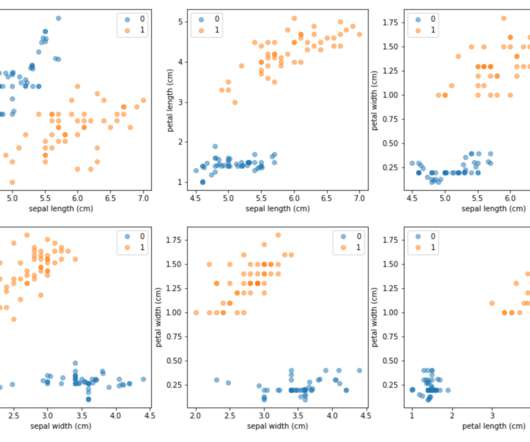Fundamentals of Data Mining
Data Science 101
OCTOBER 31, 2019
Data mining is the process of discovering these patterns among the data and is therefore also known as Knowledge Discovery from Data (KDD). The models created using these algorithms could be evaluated against appropriate metrics to verify the model’s credibility. Data Mining Models. Classification.














Let's personalize your content